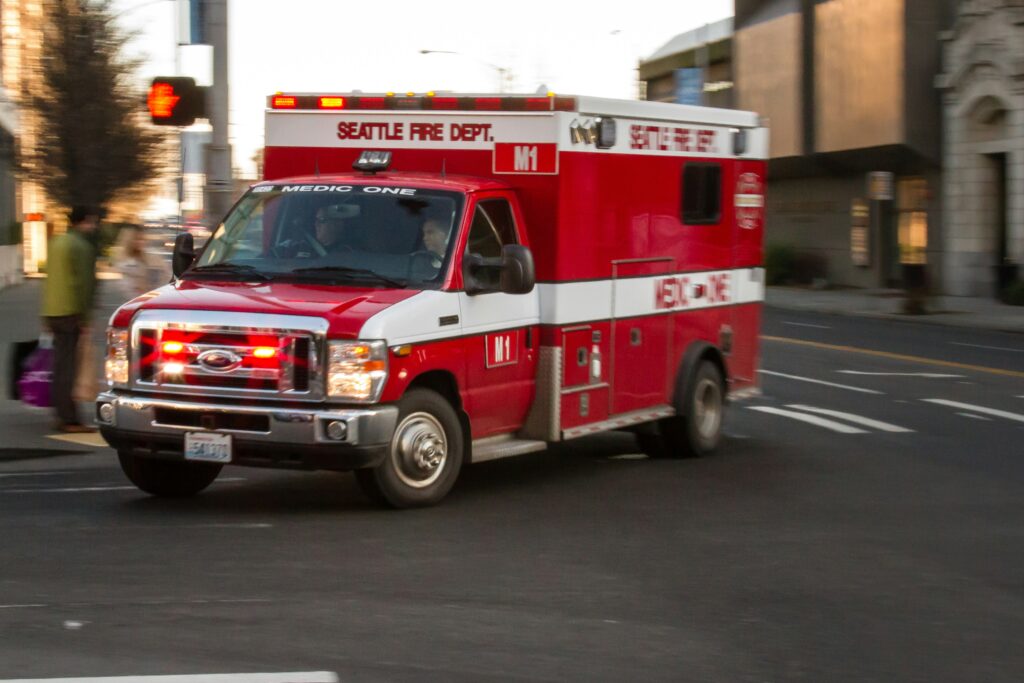
The case for Behavioral Health Urgent Care
- 21% of Americans experience mental health disorders, less than half receive treatment
- Access to care is poor; therefore, emergency departments become the default provider
- Emergency departments cannot receive, treat, and arrange follow up care
- There is a new paradigm for emergency behavioral health, EmPATH offers Emergency, Psychiatric Assessment, Treatment and Healing.
- EmPATH’s second track is for lower acuity needs, such as, crisis intervention, medical refills, and MAT services.
MSO
- The proposed carve in of behavioral health services to the Medicaid MCOs in Washington DC created serious challenges for people with serious and persistent mental illness, and the provider system of care, compounded by the delay until a later date.
- Responsibility of care authorization and linkage is fragmented, and clear responsibilities have not been defined.
- Providers struggle to meet MCO’s administrative and financial requirements.
- Clinical data reporting requirements are increasing, and providers must meet these requirements while providing excellent clinical care.


Medical Extender Program
- Providing comprehensive, high value, outpatient care is difficult for many reasons. Medical Assistants will provide patients care in their own homes under supervision from a licensed provider. Using tele-health technology, medical extender will improve care coordination and quality outcomes at a lower cost.
Consulting and Recent Work
- Behavioral Health Urgent Care
- Community system of care reform
- Bridging gap between inpatient and outpatient continuity of care
- Inpatient hospital process improvements
- Residential substance abuse treatment
- Outpatient substance abuse and behavioral health
- Government relations
- RCM
- Interim CFO
- General accounting support
- Administrative Oversight, including HR, IT and Operations

